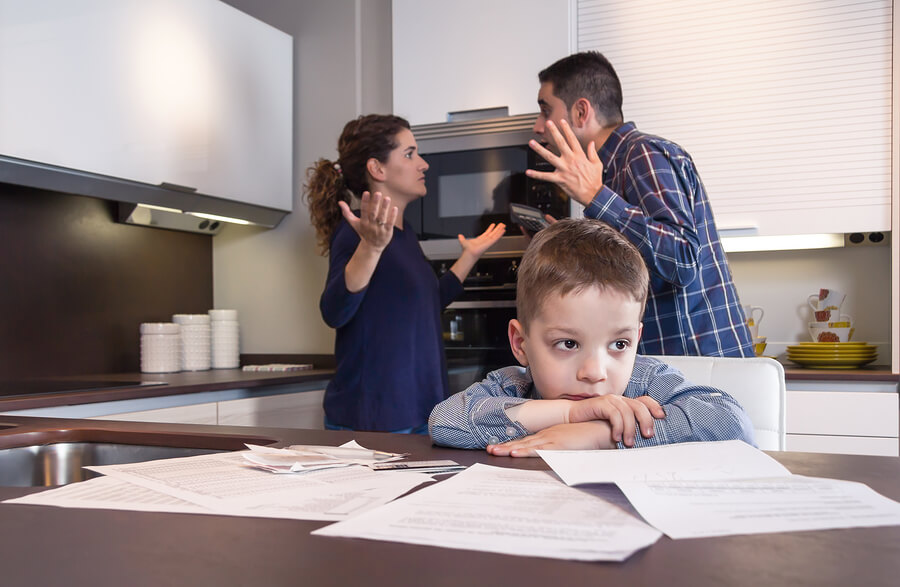 By Rosalind Sedacca, CDC
By Rosalind Sedacca, CDC
As a Divorce & Parenting Coach I’m often asked “What are the secrets to successful co-parenting after divorce?” That’s the million-dollar question. And while there is no simple answer, I believe most professionals will agree the smartest strategy is learning how to co-parent respectfully. That means remove anger, hostility or vindictiveness from your interactions with your former spouse and learn how to share co-parenting as loving parents to your kids.
Of course, that’s not always easy to do. But it is doable. Learning to master effective communication skills, showing empathy and finding areas of agreement whenever possible go a long way towards diffusing tensions and cooperating as parents.
The benefits you derive can be substantial. They will more than make up for the ego gratification you get when holding on to those damaging emotions. Remember, your goal is not to re-establish your adult relationship. It’s to become peaceful co-parents of the children you both love!
If you’re serious about creating a child-centered divorce you must strive to create harmony between you and your ex. Doing that requires taking continuous small steps toward better and better outcomes.
1) Initiate positive conversations in which you can acknowledge your co-parent about something positive they did.
2) Model finding win-win solutions in your communication rather than always pointing the finger with blame.
3) Be patient with expectations for change. It doesn’t happen overnight. But it does happen when you’re both working in that direction.
4) Look for opportunities to clarify why working together as co-parents always creates far better outcomes for your children.
5) Identify language or actions to take or avoid that motivates your co-parent to be more cooperative and responsive.
6) Reach out to a coach or other divorce professional who can provide new strategies for generating more positive results.
Hopefully, over time your co-parent will see how much more peaceful the family interactions become when you’re both not focused on “winning” or butting heads.
In some cases, this just won’t work. If your former spouse is totally hostile and unapproachable, you may have to work on your acceptance skills. You’ll likely have to let go of the idea that child-centered parenting will occur. At this point, your children’s needs and protection must take precedence over trying to engage your ex.
Sometimes it may be necessary for you to keep the other parent at a distance for the wellbeing of your children. In other cases it might be your ex who is trying to create the distance from you. These challenges are not easy to resolve, but are certainly worth the effort when you have children.
If your co-parent is trying to keep your extended family from the kids, look for ways to work around those challenges. If visits have been deterred, encourage your family members to express their love and attention through alternative means: telephone calls, emails, video calls, texts, social media chats and other creative resources. The key is not to give up. Continue with any means of communication until the family gains access to the children.
There are no magic wands when one spouse is out to spite or hurt the other through the children. But behaving in the same hurtful way is rarely a viable solution. Focus your energies on discussing the wellbeing of your children in the short- and long-term.
Demonstrate patience and determination while containing feelings of anger and ill will. Should your situation require legal action, your mature parental behavior will be regarded positively when you’re trying to make your case in court. If for no other reason, consider the judge’s perspective before you take actions that will reap undesirable consequences.
Be proactive in consulting counselors, mediators, coaches or others for objective guidance on how to restore or create harmony for the sake of your kids. Often they offer perspectives you had not thought of or wanted to consider which are worthy of exploring. The more open and flexible you are, the better the odds of turning a difficult situation into a more cooperative one.
Remember, your goal is always what’s in the best interest of your children – even when the path is rocky. Don’t forget, the divorce was a parental decision, not one the children made. Give them a life after divorce that’s worth living. When your children are at peace, everyone wins!
* * *
Rosalind Sedacca, CDC is the founder of the Child-Centered Divorce Network, a Divorce & Co-Parenting Coach and author of numerous books, e-courses and programs on divorcing with children and co-parenting successfully. For instant download of her FREE EBOOK on Doing Co-Parenting Right: Success Strategies For Avoiding Painful Mistakes! go to: childcentereddivorce.com/book
Please share this article on social media!
© Rosalind Sedacca All rights reserved.




